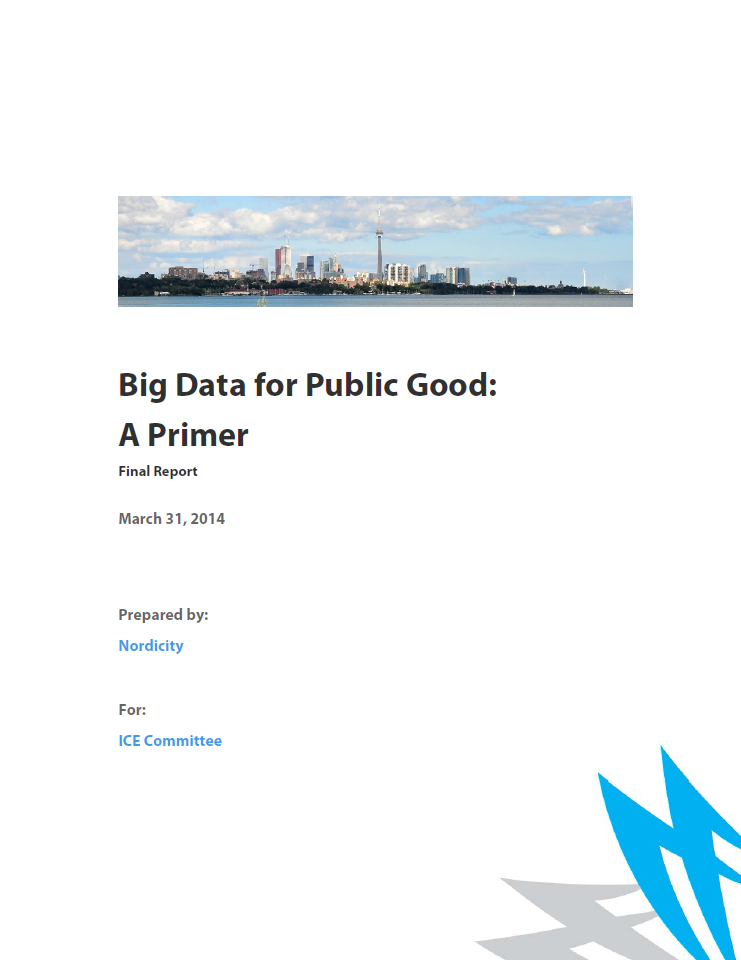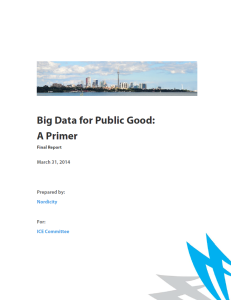‘Big data’ and ‘analytics’ are watchwords of the present era of information explosion and connectivity. The increased use of big data should help evidence-based decision-making in public and private arenas, provided that the data is accurate, accessible, and used correctly.
Big data can be marshalled into the service of the public good. Building big data into the workflow of decision-making should bring about efficiencies in the planning and delivery of public services.1 One estimate of the potential benefits of the application of big data is a 2.5% to 4.5% in savings in the delivery of public services.2 Among other benefits are greater citizen participation in governance and the stimulation of economic development.
While this emerging and growing field of research and data usage can assist policy makers, it can simultaneously pose challenges as to what data should be made available – the open data question. How to protect privacy, provide security, and how to open up data previously privately or publicly held are other major policy questions arising from the promise of big data.
The rationale for this ‘primer’, then, is to inform policy makers as to the promise of big/open data to help meet public policy objectives, and to identify the issues that ‘open data’ will raise as governments try to leverage big data.
This primer examines the concepts of both big data and open data, and as well, identifies their potential use in addressing public policy challenges. It also explains and emphasizes the importance of big data analytics, which is illustrated by example in several of the case studies considered.







